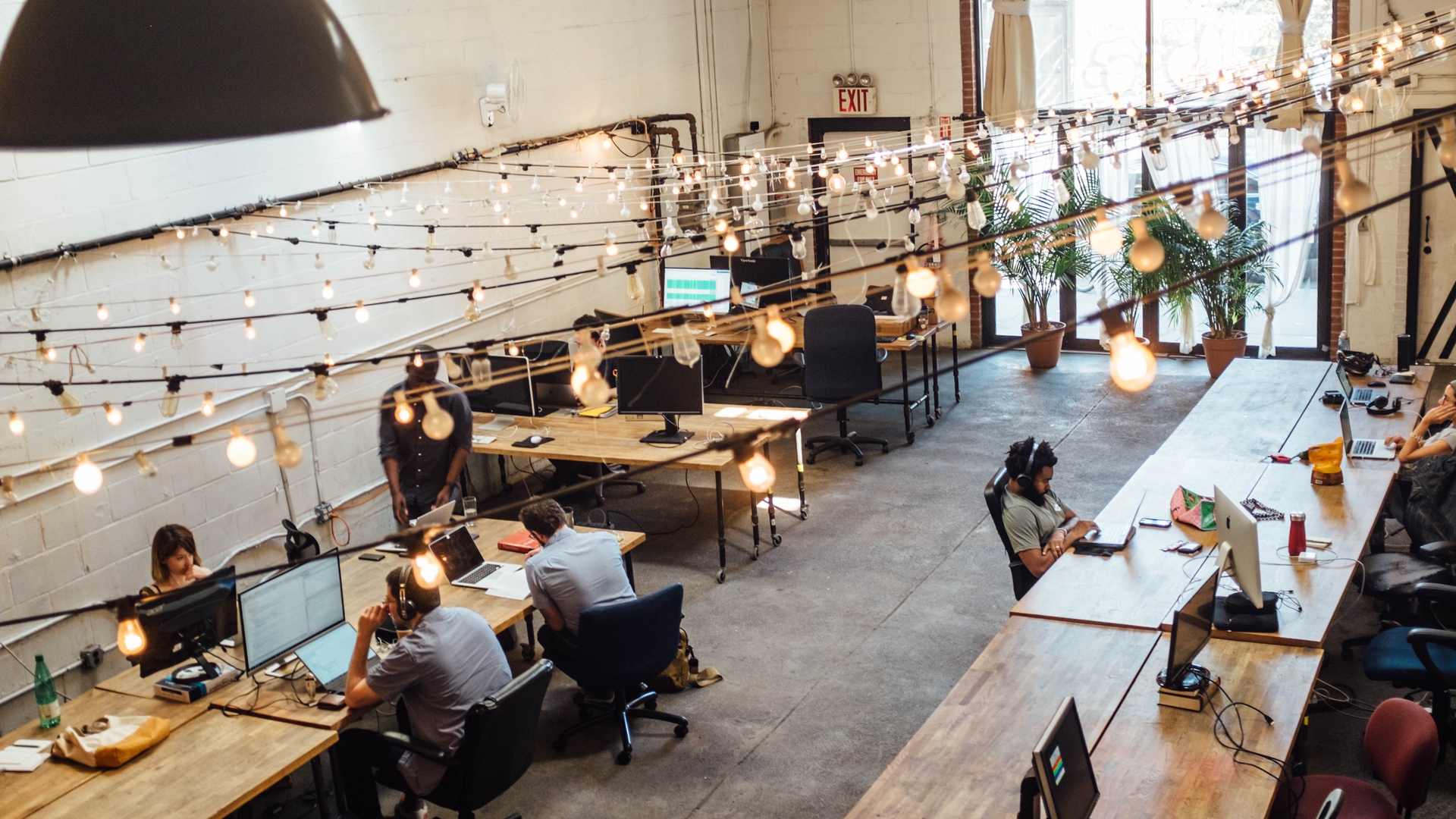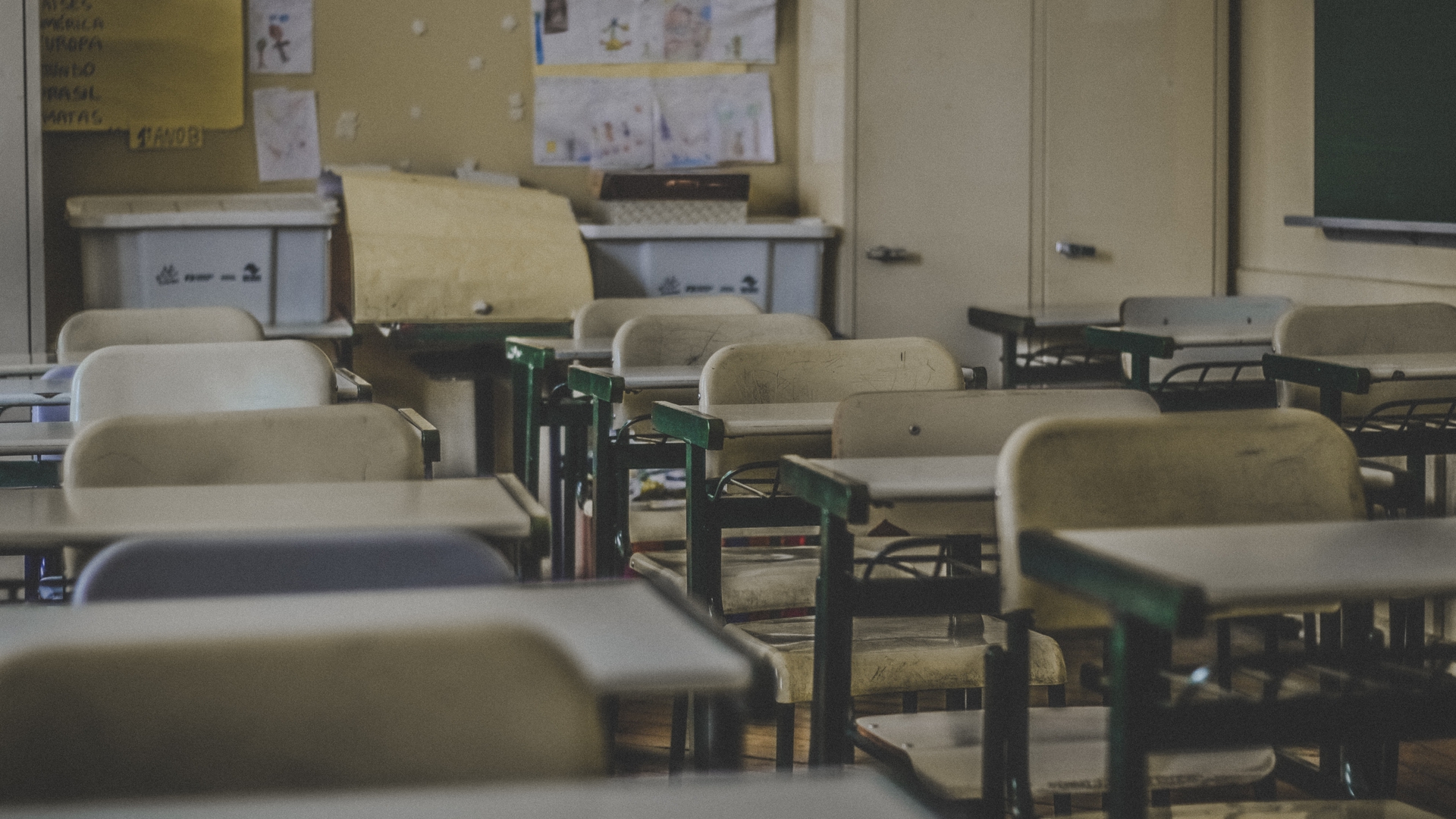inquiry
It's time to close our schools
March 16, 2020
An appeal from a teacher
The following article is a report from a teacher in London on the situation in their school. University workers are also making similar demands for closures. As Dr Nisreen A Alwan of Southampton Medical School has argued, school closures have been a part of every successful containment effort seen so far.
The (lack of) response from the government regarding the Coronavirus outbreak has put teachers, teaching assistants, and all school workers in an extraordinarily difficult position. By refusing to close down our workplaces, they are putting us at huge risk.
In schools across the country there is an attitude of business as usual. Every day we hold assemblies of over a hundred students and staff in cramped halls; run fire drills with the entire school population of over a thousand marching through the corridors toward congested stairways before assembling in the playground; and conduct parents evenings with large numbers of vulnerable adults.
Me and my colleagues are feeling increasingly anxious. Whilst the rest of the world closes schools in order to stop children acting as vectors of the disease, the UK remains set on the risky course of waiting before implementing serious measures. Johnson might say he’s following “the science”, but it seems to be different science to everyone else. I’m a history teacher, not an epidemiologist, but it feels like the goal of this policy is to avoid disrupting the economy rather than prioritising the health and safety of teachers and all those in regular contact with children.
So I have felt compelled to share and articulate the anxiety of my colleagues, explain how the virus might affect schools if staffing levels drop, and argue the case as to why there should be a quick and organised closure of schools in the immediate future.
At the time of writing the virus does not appear particularly dangerous to kids. Some people have taken this as to suggest that schools are actually some form of safe haven away from the virus. The problem with this misinterpretation is that young people can still be carriers. Young people have a reputation for not understanding, and not taking seriously, matters of personal or public hygiene - a glance into a boys toilet on any given Tuesday afternoon will attest to that. Worse, I’ve seen children who admit to flu-like symptoms such as a temperature are being stigmatized by their classmates. This is leading to some kids hiding the fact that they feel symptomatic entirely, potentially leading to failures of self-isolation.
It seems guaranteed that the virus will spread rapidly amongst children, and though they may not get seriously ill, they will carry it and spread it to more vulnerable members of society (their parents, grandparents, staff in shops and restaurants, or teachers). Classrooms are already full of coughing and sneezing children and teachers alike.
Whilst younger people seem relatively safe, older people are worst affected by the virus. In 2018 there were 35,000 teachers over the age of 55 in the UK. That is 35,000 vulnerable people being asked to put their life on the line, some of them my friends and colleagues. The discussion on local teacher groups on social media has proposed sending older members of staff home to keep them safe, but when we consider the other hundreds of thousands of teachers in their late 20’s to 50’s who could expect to become seriously ill as a result of infection, and spread it to their own families, loved ones, friends, and members of the public, we should start to get a glimpse of how schools, far from a safe haven for children away from COVID-19, are actually a crucible for disaster. If one kid gets it, chances are the whole school will get it, and then all the families and people connected to that school will get it. To me, schools look less like safe havens and more like incubators.
If the government did allow schools to stay open whilst sending the most vulnerable teachers home, as has been implied by the government’s contingency plans to create bigger classes and potentially merge schools, then we enter into a situation where schools will cease to function as designed:
- The absence of experienced and senior older members of staff will place management and leadership responsibilities onto younger and inexperienced members of staff - this is a massive safeguarding risk for the children who we are trying to protect in the first place as procedures and practices normally handled by senior leaders will be given to classroom teachers - they are very different roles in the schools infrastructure, and I know I could not carry out the daily tasks of the Senior Leadership Team at my school, while still teaching a full timetable, if i was required to do so tomorrow.
- The increased class sizes will have a significantly detrimental effect on teaching and learning in a period where class sizes are considered by the majority of teachers to be far too high.
The increased workload will drastically increase levels of stress amongst teachers leading to mental health difficulties, and the battering of the immune system caused by this stress will just make them more ill. - Deteriorating working conditions will inevitably lead to a gradual, but persistent, rise in workplace related illnesses. The problem of low staff numbers will get worse as more staff are made ill, and the day by day the task of maintaining a school in any functioning capacity will become increasingly difficult towards impossible, in which case we will inevitably have to close the school, but with a much higher rate of infection.
The major reason the government doesn’t want to close schools is because of our role in the social division of labour. When teachers and schools are working, we allow everyone else to go to their jobs. When we aren’t, everyone has to worry about what to do with the kids.
But it’s only a small percentage of children whose parents are employed in public health jobs. If their parents are unable to sort some kind of childcare solution, then we could explore solutions to look after them whilst their parents do essential work.
Let’s be honest, though. This refusal to shut down schools isn’t about keeping doctors and nurses in work, it’s about keeping the economy ticking over. They’re more worried about the percentage of GDP lost by school closures than the percentage of staff and students who get ill. Ireland, Belgium, Spain and France all just shut their schools, and they seem to think the health service will not lose capacity as a result.
In a capitalist economy, recessions are associated with huge hardship for workers. We always get the short straw. But that doesn’t mean we should prostrate ourselves before the Tories to ‘avoid a recession’ - it means that we have to change the economic system, so that a temporary slowdown in economic activity can be managed collectively to protect our safety and quality of life. I don’t care about what happens to the share portfolios of billionaires, I care about how my school community is going to get through the next year. This crisis is showing us all that organising a society around profit doesn’t work. What we need is a socialist system that has human wellbeing as its top priority.
If parents are worried about having to stay home with their kids because their employer won’t offer them leave, then we need to bring together the interests of teachers and parents as workers as demand that employers pay full-wage sick leave for everyone looking after their family until it is deemed safe for children to return to schools again.
Provision must be made for education to continue at home, with schools supplying staff and students with mobile devices to access the various online learning and file sharing platforms (Google classroom for example) from their homes. Textbooks should be photocopied and distributed free of charge to students over the next few days. We’ll need to make sure that every child has the ability to access the internet to carry on learning, of course, through government action if needs be. More detailed workpacks can be organised by the teachers collectively and distributed remotely from home after the initial disruption.
As a teacher I would recommend colleagues take very seriously the government’s advice of taking 7 days self-isolation if they begin to show mild symptoms, but I am deeply concerned about the lack of planning shared with teachers for coming weeks. What happens if the government refuses to close schools, or tries to force us to keep them open with only staff aged under 50? In my school, we’re having discussions about the possibility of coordinated action to protect our health and safety, regardless of ‘emergency powers’. We won’t put ourselves at risk just to make sure that the wheels of a system which doesn’t care about us keep on turning.
There should be one motive guiding our actions throughout this crisis: the safety of workers and students. Nobody should be put at risk. It’s time to close our schools.
Subscribe to Notes from Below
Subscribe now to Notes from Below, and get our print issues sent to your front door three times a year. For every subscriber, we’re also able to print a load of free copies to hand out in workplaces, neighbourhoods, prisons and picket lines. Can you subscribe now and support us in spreading Marxist ideas in the workplace?
Read next

Towards an Organized Tech Industry—Part One
by
Wendy Liu
/
July 15, 2018


